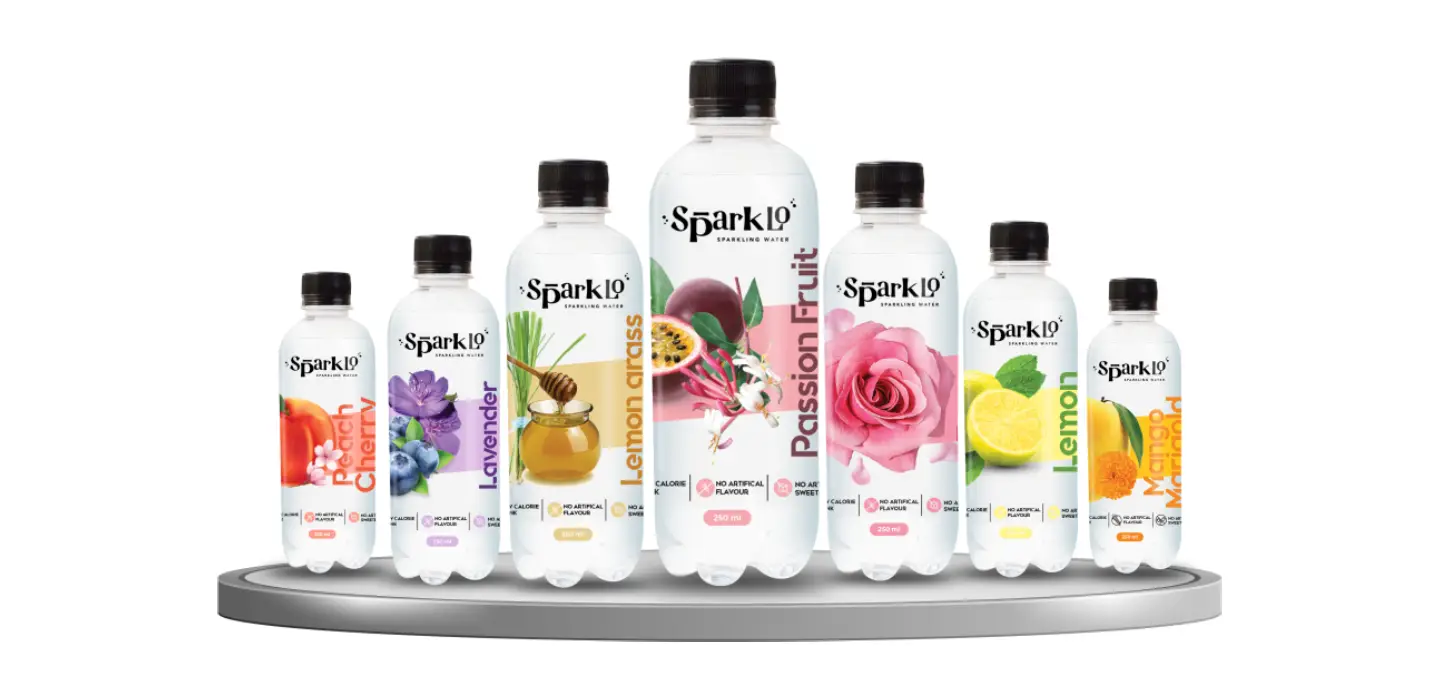“Co- Packer generally helps to stand with the basic ideas which are needed to be guided back”
Industries not to own
- Biscuit industries
- Beverage Industry
- Diary Industries
- Snacks industry
- Masala Industry
1. Biscuit industries
- India biscuit market stood at $3.9 billion in 2016, and is projected to grow at a compound annual growth rate (CAGR) of 11.27 per cent, in value terms, between 2017 and 2022, to reach $7.25 billion by 2022.
- Co-packing has become an important competitive advantage for manufacturers, particularly in the bakery, food and beverage markets, as it is a rich area for operational efficiencies. In the current economic climate, co-packing has become increasingly popular as a means of fulfilling large projects without taking on extra staff and equipment.
2. Beverage Industry
- The beverage industry includes manufacturers and distributors of soft drinks, bottled water, energy drinks, sports drinks, milk products, coffee and tea based products, nutritional drinks, and alcohol products.
- Large companies benefit from economies of scale in production and distribution. Small companies can compete by producing new products, catering to local tastes, or nimbly reacting to changes in the marketplace. The beverage industry is a huge part of our economy that affects many different sectors.
- Co-packing has become an important competitive advantage for manufacturers, particularly in the bakery, food and beverage markets, as it is a rich area for operational efficiencies. In the current economic climate, co-packing has become increasingly popular as a means of fulfilling large projects without taking on extra staff and equipment.

“The basic market ideas along with competitiveness is the prime factor why manufacturers choose them for work.”
3. Diary Industries
- Segments covered: Milk, Flavoured Milk, UHT Milk, Curd, Probiotic Products, Flavoured & Frozen Yoghurts, Buttermilk, Lassi, Ghee, Butter, Cheese, Paneer, Cream, Khoya, Dairy Whiteners, Skimmed Milk Powder, Ice Cream, Sweet Condensed Milk, Dairy Sweets and Whey.
- In consideration to this huge market its always wise to depend on co-packers for production.
- Cost savings being priority. Companies save on their cost of capital because they do not have to pay for a facility and the equipment needed for production. They can also save on labor costs such as wages, training and benefits. Some companies look to contract manufacture so they can cut out there over head expense and bring up their profit margins so they can focus more on marketing. Mutual benefit to co-packing is setting a contract between the manufacturer and the company it’s producing for that may last several years.

4. Snacks industry
- Snacks are small portions of food or drinks which are consumed between regular meals. Healthy snacks are type of sack which contains low sodium level, no added sugar, vitamins, nutrients, and low saturated fats. Healthy snacks are high in fiber and protein content and helps to maintain energy levels for the entire day. Healthy snacks include boiled eggs, whole grains, seeds, nuts, vegetables, fruits, low fat dairy products, and many more.
- A consumer survey has also been done in the report on the snacks industry in India. The survey has been done on Snacks Price Range, Extruded Snacks Brands Consumers Like to Buy Chips Brands popular in Consumers, Namkeen Brands Consumers buying.
- In this huge market With co-packing, companies can take advantage of skills that they may not possess, but the contract manufacturer does. The contract manufacturer is likely to have relationships formed with raw material suppliers or methods of efficiency within their production.
5. Masala Industry
- Due to such large-scale utilization, the masala industry or spice processing and packaging companies are considered as a profitable business in the country. Depending upon the investment capacity, any individual can start spice business. Most of the home-based spice business is also flourishing swiftly and are turning out lucrative. Many small-scale businesses start off with one or two variety of spice and increase their products as the company grows to turn it into a full-fledged spice processing corporation. You will be amazed to know that the Indian spices market is pegged at INR 40,000 crore annually, of which the branded segment makes up 15 percent.
- The contract manufacturer is likely to have relationships formed with raw material suppliers or methods of efficiency within their production. Contract manufacturers are likely to have their own methods of quality control in place that helps them to detect counterfeit or damaged materials early. With co-packing companies, can focus on their core competencies better if they can hand off base production to an outside company.




